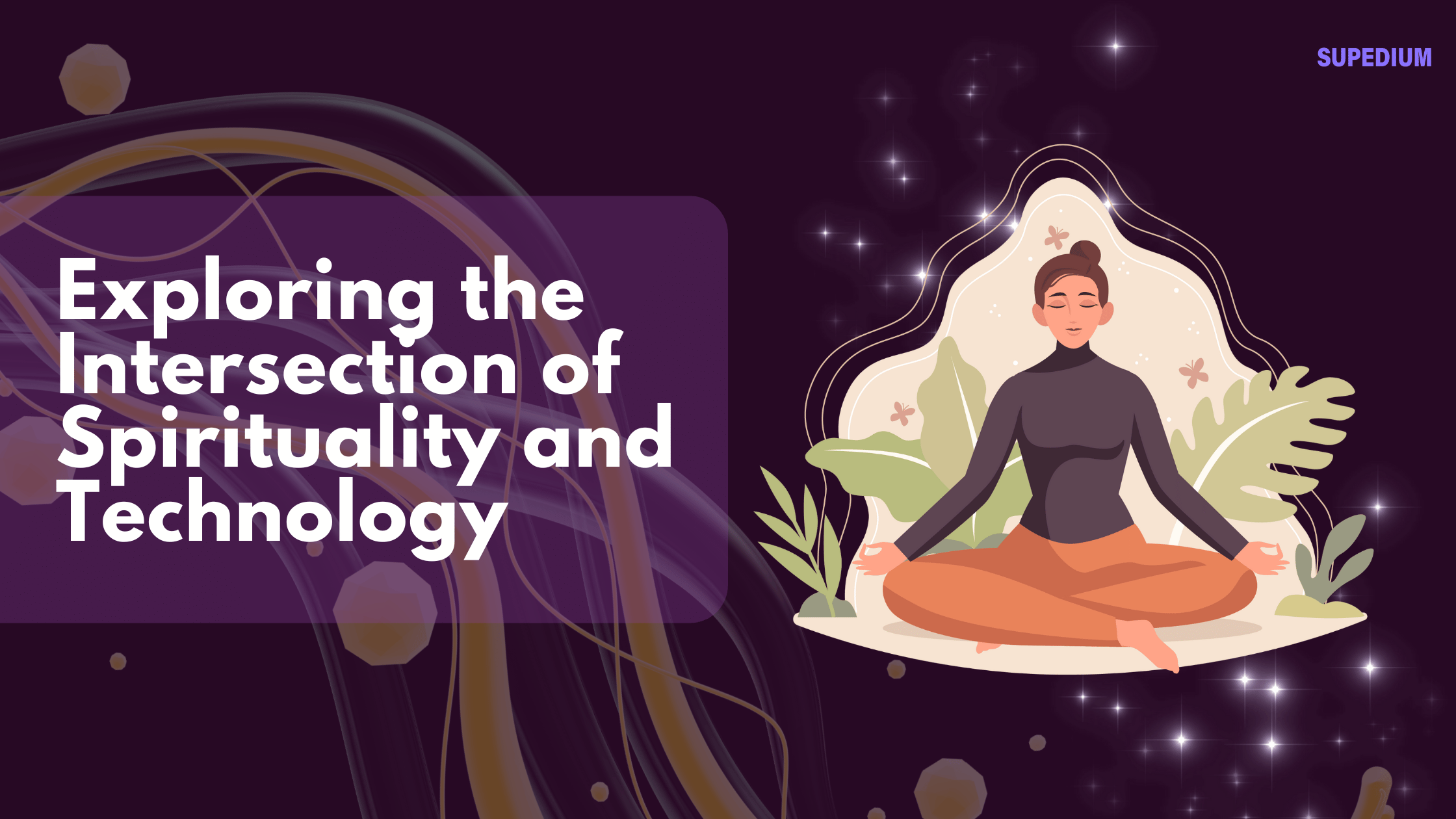Table of Contents
![]()
Self-determination is To each individual’s capacity to make decisions and manage their life. This ability plays an essential role in well-being and health. Self-determination enables people to feel they have control over lives and their choices. Additionally, it affects motivation–people feel motivated when they believe that what they do will have an impact on the outcome, to do it.
The Notion of self-determination has been applied to a broad variety Of areas such as education. Research indicates that achievement can be fostered by having.
What’s Self-Determination Theory?
Theory suggests that individuals are motivated to grow And change by emotional needs and three inherent.
This concept suggests that people Can become self-determined Connection, and freedom is fulfilled When their demands for competence.
The Idea of motivation, or participating in actions for The rewards of the behaviour plays a significant role in the theory.
The theory grew from psychologists’ work Edward Deci and Richard Ryan, who introduced their thoughts in their 1985 book Self-Determination and Intrinsic Motivation in Human Behavior. They developed a concept of motivation that suggested that individuals are usually driven by a need to grow and gain fulfilment.
Two assumptions of this theory:
- The demand for growth drives behaviour. The First Premise of the concept is that people are directed toward development. Gaining mastery over challenges and taking in fresh experiences are vital for creating a cohesive feeling of self.
- Autonomous motivation is vital. While people are often motivated to act by external rewards such as cash, prizes, and acclaim (called extrinsic motivation), Self-determination concept focuses primarily on internal sources of inspiration like a need to obtain knowledge or independence (called intrinsic motivation).
According to theory, to achieve growth people need to feel that the following:
- Competence: People will need to acquire mastery of jobs and learn various skills. They’re more likely to take when people believe that they possess the skills required for success.
- Link or Relatedness: People need to experience a sense of belonging and attachment to other people.
- Autonomy: People will need to feel in charge of their behaviours and goals. This sense of having the ability to take actions that will lead to real change plays a role.
Imagine someone who fails to complete an important project. If this man is high in self-determination, they will acknowledge their fault, believe they can do something to repair the issue and take action to fix the mistake.
They might if that individual was low in self-determination Start looking which they can blame. They refuse to acknowledge their function, assign blame, or may make explanations. Most of all, perhaps, is that this individual will not feel motivated to correct the mistake. They may feel a helpless feeling that nothing they do have no actual effect and to control the situation.
The way the Self-Determination Theory Works
It’s important to realize that the expansion described by Theory does not happen. It requires sustenance while people may be oriented toward such expansion.
Deci and Ryan have suggested that the tendency to be proactive Or passive is affected by the conditions in. Social support is essential. During our relationships and interactions with other people, we thwart or can nurture well-being and personal development.
While support is important, other things hinder or may help the three components.
- Extrinsic motivators can sometimes reduce self-determination. According to Deci, giving individuals extrinsic rewards for intrinsically motivated behaviour can undermine autonomy. People start to feel less in control of their behaviour as the behaviour becomes controlled by rewards and motivation is diminished.
- Positive comments and boost self-determination. Deci also indicates that offering unexpected positive reinforcement and feedback on an individual’s performance on a task can increase intrinsic motivation. This sort of feedback helps people to feel more capable, which is one of the needs for development.
Self-Determined vs. Non-Self-Determined Behaviors
While intrinsic and extrinsic motivation are usually portrayed as Different and separate, the behaviour is complicated and people are driven to act by a source of motivation. Individuals can draw on multiple sources of inspiration. If you’re training to compete in a marathon you may be intrinsically motivated extrinsically motivated by a desire to gain acceptance in addition to itself.
Instead of thinking of inspiration Extrinsic or intrinsic rewards, it’s often helpful to see it as a continuum between self-determined and non-self-determined behaviours:
- Purely self-determined behaviours are usually intrinsically driven and are done for pleasure, interest, and inherent satisfaction for the activity itself.
- On the opposite end of this continuum are non-self-determined behaviours, which can be performed only because they should be carried out. There is a lack of control.
Typically, behaviours tend to lie in the middle of this continuum. A varying level is of motivation, which could fuel a level of motivation. Because they believe they have some amount of control and the behaviours align people may participate in actions.
Actions aren’t non-self-determined or purely self-determined. Rather, actions rely on.
Self-Determination in the Real World
Self-determination can play an important role In many areas of their lives. Feeling in control and intrinsically can help people feel enthusiastic, passionate, more dedicated, and pleased with the things they do.
From the Workplace:
Tend to feel motivated and engaged. How else can self-determination be built by companies in their employees?
- Managers and leaders can foster this sense of self-determination by enabling team members to take an active role.
- Provide employees duties, provide meaningful feedback, and give support and encouragement.
- Employers need to be careful not to overuse extrinsic rewards. Too many benefits can undercut intrinsic motivation (a phenomenon called the overjustification effect), however too few can cause employees to feel unappreciated.
In Competition
In settings such as sports and sports, people can inspire to excel.
- Trainers who feel they are capable of achieving their targets and overcoming challenges are usually driven to do better.
- Excelling enables people to gain an important sense of competence and build command in abilities which are important and enjoyable to them.
Researchers have also found people who have an inner sense of control are also more likely to adhere to a routine exercise regimen.
In Social
Self-determination can play an important role in relationships. A feeling of belongingness is vital in the evolution of self-determination. Forging close, affectionate relationships with other people can enhance self-determination.
- Seek positive relationships with individuals who will encourage you in the pursuit of your targets.
- Offer feedback and support to the men and women that are a part of your social circle.
In-School
Pupils are more likely to feel motivated to achieve. There are things that teachers can to do help students foster a sense of self-determination and intrinsic motivation:
- Supplying unexpected positive feedback when students perform well can help improve proficiency
- Preventing excessive external rewards for activities pupils already enjoy can help improve inner motivation
How to Enhance Self-Determination
To strengthen your, It’s helpful to Think of what an individual might look like.
Tend to:
- Think that they have control over their own lives. They have an internal locus of control and feel that their behaviours will have an impact on results. They believe that they can conquer them through work, great decisions, and diligence when faced with challenges.
- Have high self-motivation. They don’t rely on external rewards or punishments to inspire them to do it. Since they’re good at setting goals and working toward these goals they engage in behaviours.
- Base their activities on their particular goals and behaviours. Quite simply, they intentionally engage in activities that they know will bring them closer toward their objectives.
- Take responsibility for their behaviours. Highly self-determined men and women take credit for their achievement, but they also take the blame for their failures.
Improving self-awareness, decision-making abilities, self-regulation, and goal-setting skills can encourage the development of stronger self-determination.
Measures you can take to enhance your sense of self-determination:
Find Social Support
Social connectivity is one of the elements of self-determination theory. Social relationships can foster motivation and well-being, while relationships can give rise to a sense of self and weak motivation.
Ryan and Deci have implied that it is the environment Can help or hinder a self-determined perspective. While support can interrupt experiences social support offers opportunities for expansion.
Gain Mastery
Becoming proficient in areas that are important for you is a way that is helpful to build your sense of self-determination. Whether you’ve got a strong interest in a different area, sport, academic subject, or a hobby, enhancing your skills and learning can help you feel more capable. The more you practice and learn, self-determined and the more proficient you’ll probably feel.
A Word From Supedium
The concept can help understand the things Your behaviours might be motivated by that. Feeling like You’ve got freedom and the freedom to make Destiny, is important for every individual’s well-being. When you pursue Goals, you’ll feel happier and more capable of making good decisions.
Share This




Be the first to comment